
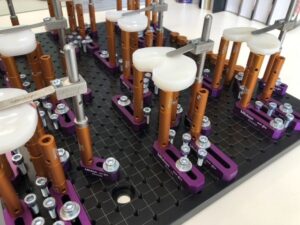
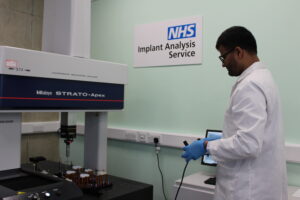
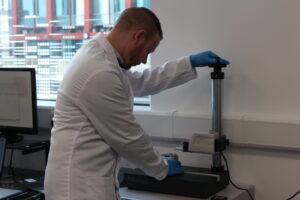
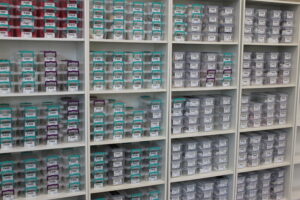


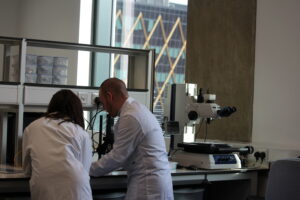
The NHS Implant Analysis Service conducts independent physical analysis of used explanted medical devices and reports on their performance in patients. The focus of this service is to increase patient safety and drive outcome improvements.
The report of the Independent Medicines and Medical Devices Safety Review Shared by Baroness Cumberlege Crown copyright 2020
The system is not good enough at spotting trends in practice and outcomes that give rise to safety concerns…….. Innovation in medical care has done wonderful things and saved many lives. But innovation without comprehensive pre-market testing and post-marketing surveillance and long-term monitoring of outcomes is, quite simply, dangerous. Crucial opportunities are lost to learn about what works well, what does not, what needs special measures put around its use, and what should be withdrawn because the risks over time outweigh the benefits.
How we deliver
Latest news
Want to FIND OUT MORE?
Stay Updated!
Get insights, news articles, event invites and more straight to your inbox. You can unsubscribe at any time
By submitting your details you are agreeing to us sending your relevants emails and confirming you agree to our Privacy Policy





